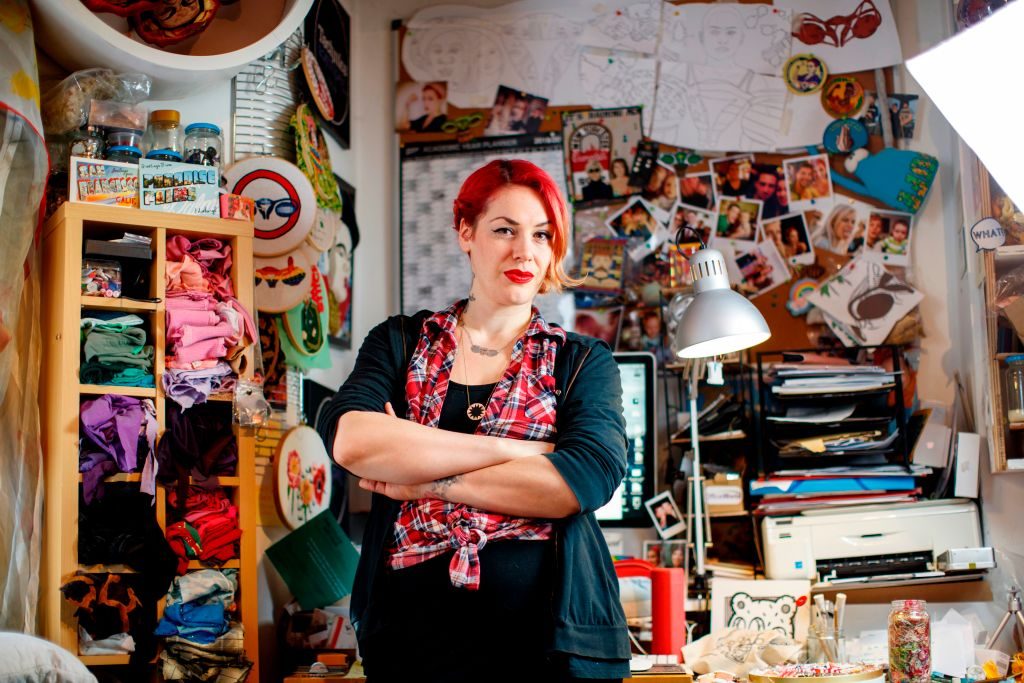Museums & Institutions
London’s Royal Academy Has Apologized for Pulling the Work of an Artist Accused of Transphobia From Its Shop
The institution said it is committed to freedom of expression.

The institution said it is committed to freedom of expression.

Naomi Rea

London’s Royal Academy has apologized to an artist whose work it pulled from its online shop because it disagreed with some of the opinions she had voiced online, saying now that it upholds its core commitment to free speech.
The institution put out a statement last week distancing itself from artist Jess de Wahls, who was the subject of a barrage of criticism on social media for a blog post on her website in which she expressed views about gender that some characterized as transphobic, including that “a woman, is an adult human female. (Not an identity or feeling.)” Expressing solidarity with the LGBTQ+ community, the Royal Academy said that it would not stock her work in its store again.
The decision prompted debate about whether the academy was justified in removing De Wahls’s work—an iron-on floral embroidery patch that sells elsewhere for around £10—from sale. While some championed the institution’s rapid response during Pride month, others equated the decision with censorship and questioned the precedent it sets for other artists with divisive views. De Wahls herself said that she was considering taking legal action against the institution.
The institution released its second statement today, in which it addressed the debate around the subject and issued a public apology to De Wahls, saying that it should have handled the situation better.
“We have thought long and hard since then about this and the wider issues it raises,” it said, adding that it has also apologized to the artist privately. “We had no right to judge her views on our social media. This betrayed our most important core value—the protection of free speech.” It added that it regretted that De Wahls first learned of the incident over social media, and said it would talk to her about possibly restocking her work.
“Plurality of voices, tolerance, and free thinking are at the core of what we stand for and seek to protect. These events raise some fundamental issues,” the institution wrote. “Freedom of expression can open up debate, create empathy or respect for difference, it can also at times cause hurt and outrage. This has confirmed to us our commitment to freedom of expression and to addressing complex issues through engagement and debate.”
Reacting to the news, De Wahls told Artnet News that she is “pleased” that the institution has reconsidered their hasty decision last week. “[I] hope that this will bring us back to a point where disagreement does not equate hate,” she said. “This censorship is deadly for art, and I hope this was a much needed wake up call.”